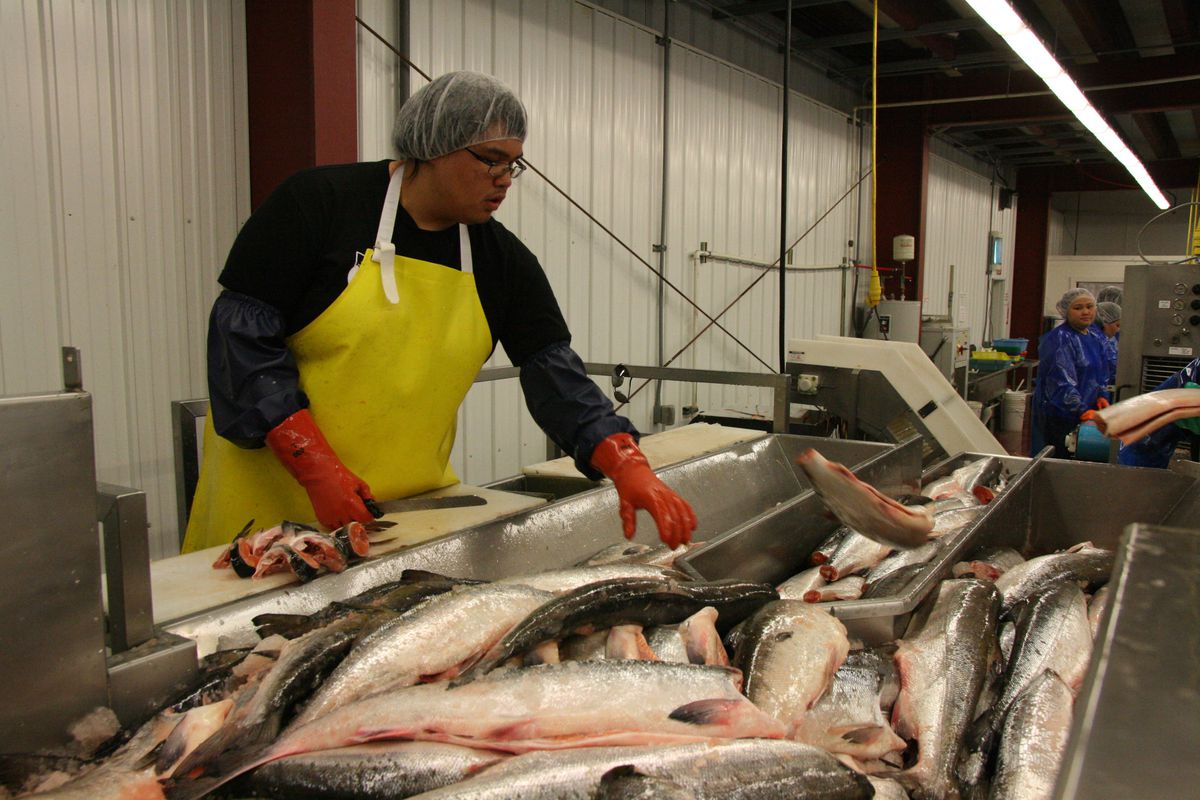Ngozi Okonjo-Iweala, the new director-general of the World Trade Organisation (WTO) has pledged to broker a settlement between countries fighting over fishing rights. Addressing the special session of the WTO general council, she said members will need to overcome their differences and agree on prohibiting subsidies that contribute to illegal, unreported, and unregulated fishing, and that facilitate overfishing and overcapacity.
Many countries, for instance, the United Kingdom and Iceland in the North Atlantic, have been sparring over fishing rights and territories for years. China and Indonesia are also embroiled in arguments over fishing in the South China Sea.
Okonjo-Iweala who is the first woman and African to head the 26-year-old organisation promised that at the 12th Ministerial Conference (MC12) scheduled to hold in June, an agreement must be reached on some pressing issues. “Apart from the issues related to the pandemic, I hope that we would have finalized the fisheries subsidy negotiation, leaving MC12 as the venue to conclude on modalities for implementation.”
She hopes that a robust agreement that will be a win-win for trade and sustainability will be reached. “It is now time to identify appropriate landing zones… The WTO cannot afford to stumble over this. The stakes are too high, the negotiations have been going on for far too long, and every effort must be made to conclude as soon as possible,” she said.
Also Read: Okonjo-Iweala Urges African Countries to Add “Layers of Value” to Commodity Exports
She said it was time for the WTO to tackle unfair trade practices that confer undue advantages to some countries and the need to strengthen discipline on industrial subsidy.
“It would be important to ensure that subsidies granted by Members to their state-owned enterprises in certain situations do not distort the conditions of competition,” she said, adding that the issue of Special and Different Treatment (SDT) is a divisive one that undermines trust.
While commending the voluntary action of some developing countries to not avail themselves of SDT in the future, she said going forward, the Trade Facilitation Agreement which allows for taking into account each member’s particular development status is the way to go.
Also Read: WTO: Korean Quits for Okonjo-Iweala
Over the years, the WTO has confronted the issue of unfair trade practices, particularly in the areas of subsidy which distort global trade by conferring undue advantages on some enterprises. This has been detrimental to enterprises in developing countries.
Under her leadership, she promised to deliver a WTO that ensures that members take decisions on the basis of consensus. “The WTO shall continue the practice of decision-making by consensus followed under the GATT (General Agreement on Tariffs and Trade),” but urged members to be vigilant to ensure that the quest for consensus does not create situations in which welfare-enhancing innovations or approaches of benefit to the membership are frustrated.
On reforms, strengthening the working procedures of various WTO bodies so that they can better serve the membership is a priority. She promised to run a transparent institution and to assist members to meet their notification and transparency obligations. She said some WTO rules and procedures also need to be revisited, including the procedures for appointing DGs.
